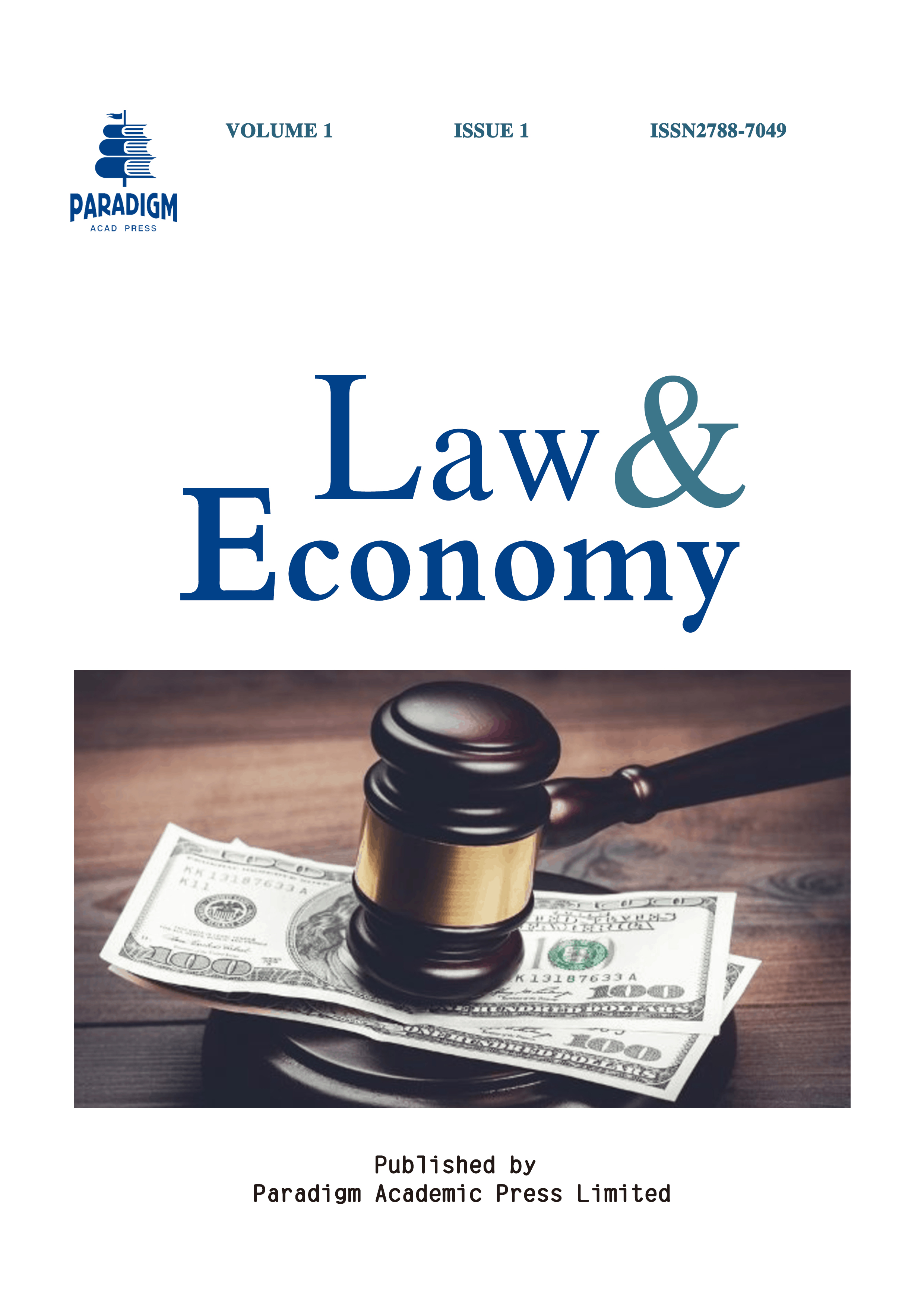Analyzing the Dynamics Between Sharia Law and Civil Law in Governing Divorce Proceedings Among Muslims in Malaysia and Comparing Legal Outcomes
Keywords:
dual legal system, divorce proceedings, Sharia Law, Civil Law, legal harmonizationAbstract
Malaysia’s dual legal system, which comprises both Sharia and Civil Law, presents unique challenges and opportunities in the realm of divorce proceedings. This system allows for the coexistence of two distinct legal frameworks catering to the country’s multi-religious and multi-ethnic population. However, it also leads to divergent outcomes in divorce cases, influenced by differences in legal standards, cultural norms, and procedural approaches. The interaction between these systems affects not only the legal outcomes of divorce cases but also has profound social, economic, and psychological impacts on individuals and families. This paper explores the complexities of navigating the dual legal system in Malaysia, examining the specific challenges individuals face during divorce proceedings. It further discusses recommended policy adjustments and legal reforms aimed at harmonizing the systems to ensure more equitable and consistent outcomes. Additionally, the paper highlights the need for future research directions that could provide deeper insights and guide effective legal and social policies. This study underscores the importance of an integrated approach to legal reform that respects cultural diversity while striving for justice and equality within the legal framework.


